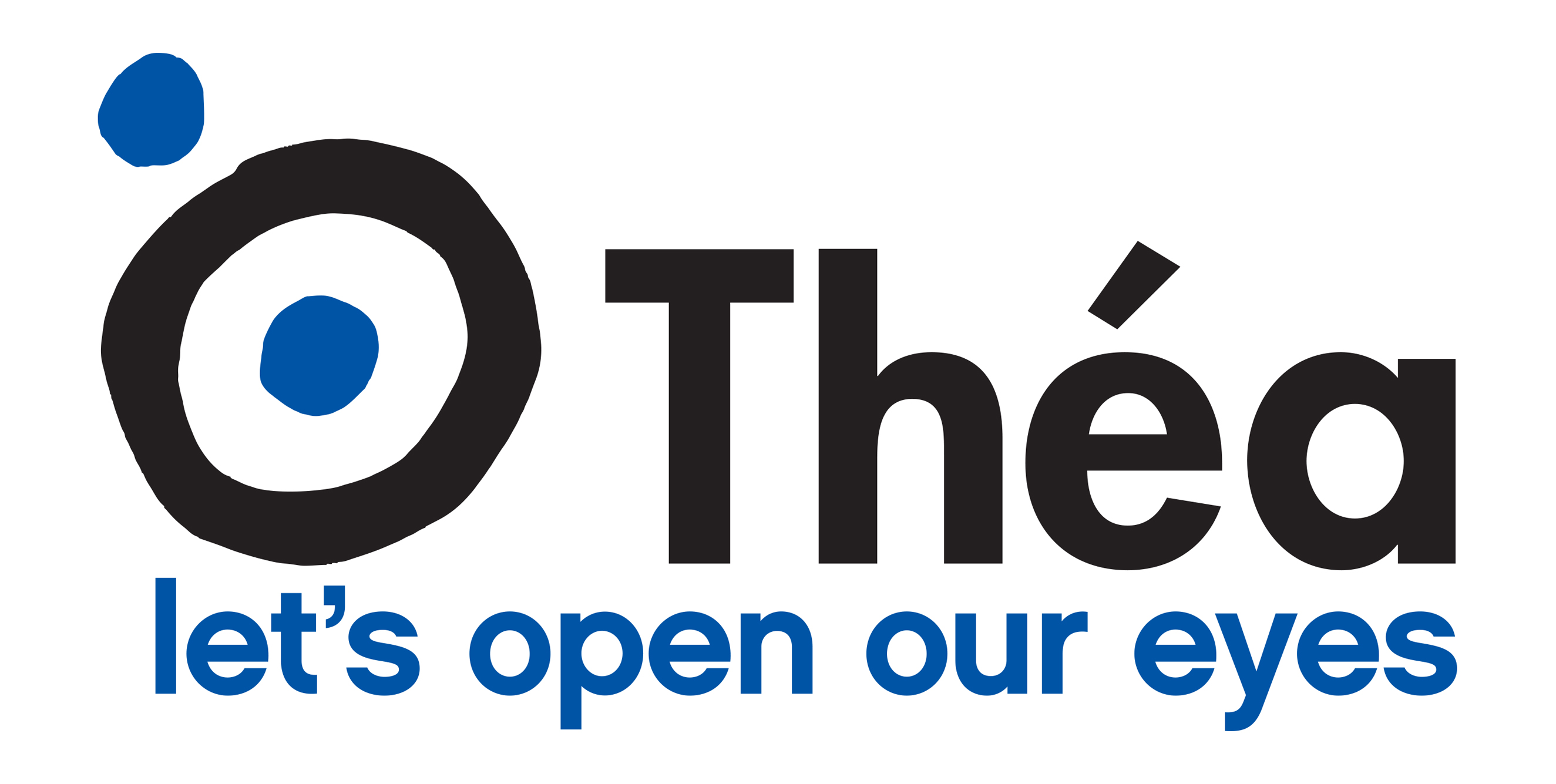For healthcare professionals

Be part of the THEA SAS CASES adventure!

This is your opportunity to share a clinical case around the topic ‘When glaucoma and ocular surface disease collide’. All cases will be reviewed by an international board of ophthalmologists with prize funds to go towards attendance at relevant ophthalmology congress. The best case will be awarded £1,500 and the two second best cases will be awarded £500.
Submit your case before 16th February 2025.
Timeline
September 6th
2024

February 16th
2025

April
2025

May
2025

Enter the Théa SAS Cases Competition and be in with a chance of winning:
1st PRIZE: The author of the best case receives £1,500 towards attendance at a relevant ophthalmology congress.
TWO 2nd PRIZES: The authors of the second best cases receive £500 towards attendance at a relevant ophthalmology congress.
How do you enter?
Case presentations must be anonymised, written in English and structured as per the download template provided.
Who can participate?
The competition is open to registered ophthalmology locally employed doctors, associate specialist and speciality doctors, who are residents in the United Kingdom of Great Britain and Northern Ireland.
TA008.SEP24



